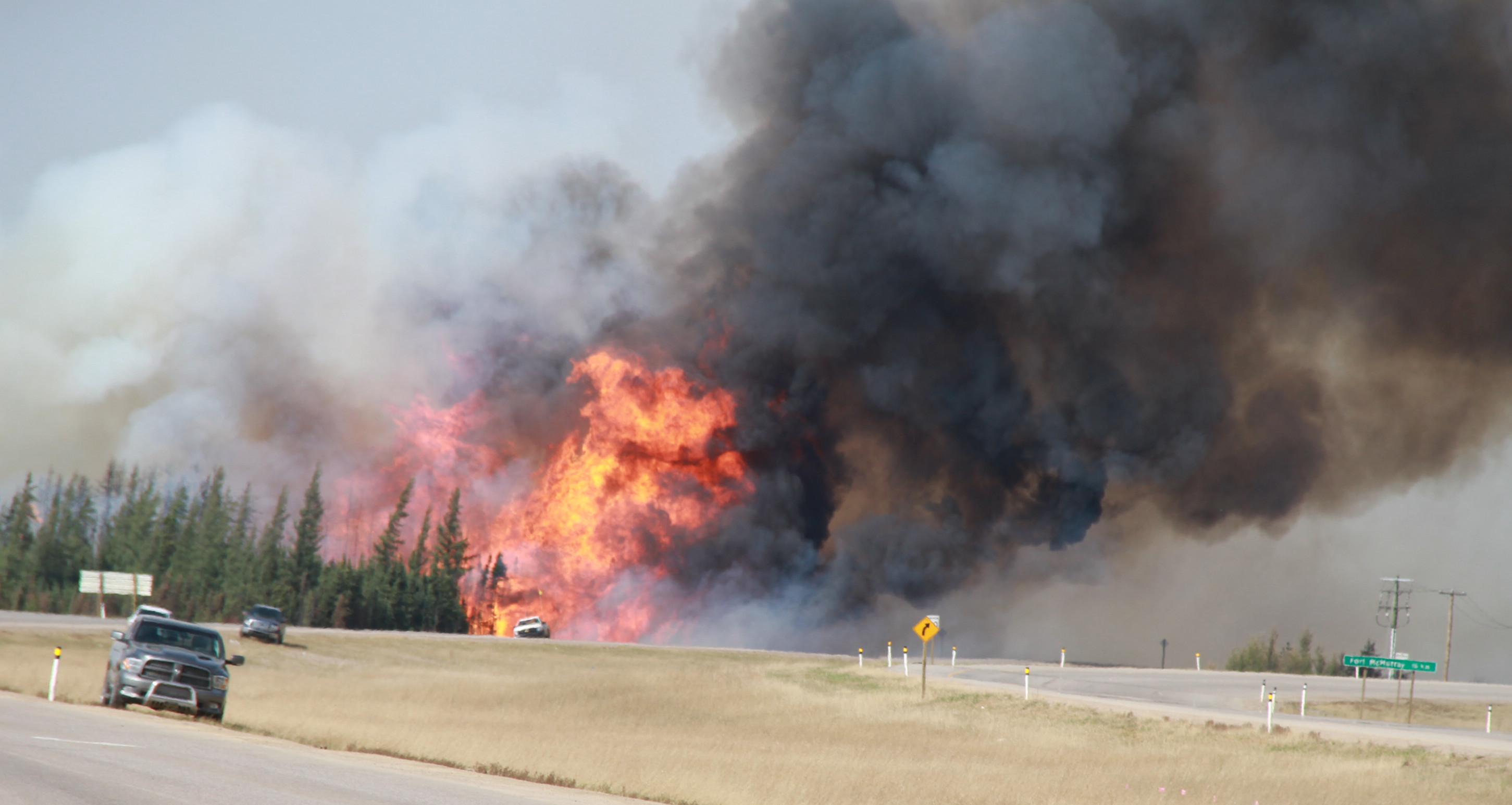Ottawa, May 20 : Nearly 100 wildfires are currently raging in the Canadian province of Alberta, with experts saying that there were no signs of slowing down, the media reported.
Since the first local state of emergency was declared on May 4, over 782,000 hectares of land have burned, the BBC quoted local officials as saying.
Thousands of firefighters and support staff from across Canada and the US are helping to douse the wildfires, with dozens of them going out of control.
As of Friday, there were 93 active wildfires in Alberta, and experts have said that an end to the controlling the flames was no where in sight.
By Tuesday, 19,576 people had been forced to evacuate their homes in Alberta, officials said.
Wildfires in Alberta are typical in May, according to Terri Lang, a meteorologist with Environment and Climate Change Canada.
During the spring, the snow begins to melt, exposing the twigs, branches, and dead leaves beneath.Experts refer to this as “fuel”.
Warm temperatures and dry conditions increase the fuel’s flammability.But this year, Alberta was subject to both record-breaking heat and below-average rainfall.
“That just exacerbated the whole situation,” the BBC quoted Lang as saying.
From the middle of February to mid-May, the majority of central and northern Alberta received 50 per cent less rainfall this year than the typical 90-day average over the same period, she said, and 75-100 per cent less in some parts of the area.
The meteorologist also noted that average temperatures were 3-6 degrees higher than the normal, adding that heat records across Alberta were broken 158 times between May 1-15 alone.
“It’s alarming.We’ve seen similar events, but not this early in the year.The amount of smoke being belched out by these fires is unbelievable.It’s covering pretty much all of western Canada.And that has effects on people too.”
Mike Flannigan, research chair for predictive services, emergency management and fire service at Thompson Rivers University, said: “My colleagues and I are attributing this largely to human-caused climate change.”
“As our climate warms, we can expect to see more fire, more smoke.Not every year, but on average, we are going to see more bad fires.”
#rage #Canadian #province







